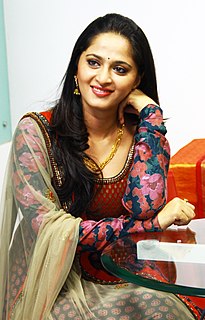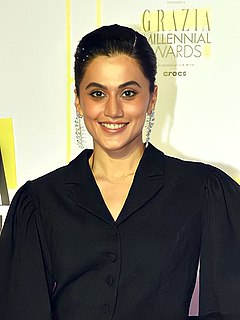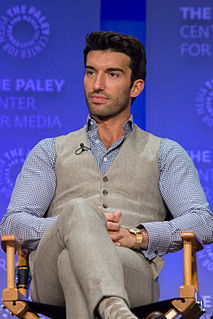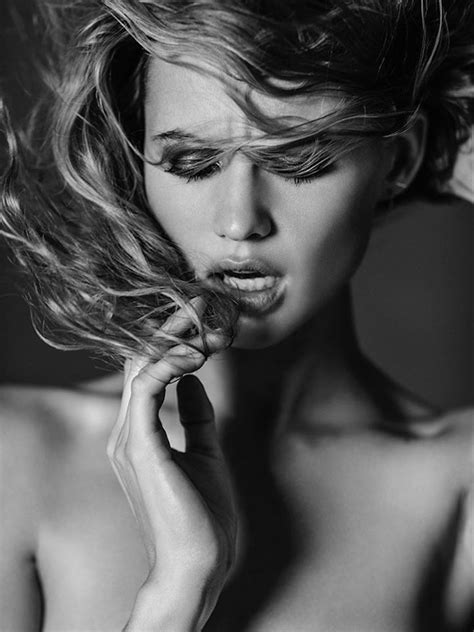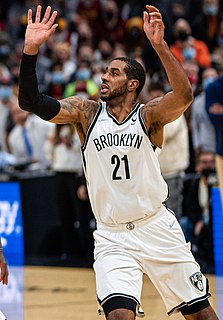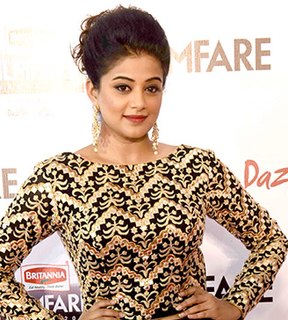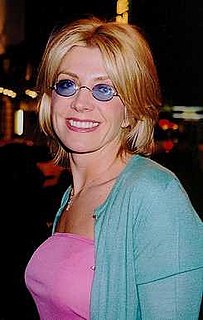A Quote by Anushka Shetty
I never see how meaty my role is. If I like the script in its entirety, the director, or if my co-star is someone I greatly admire, I sign up. You learn so much being part of a great team.
Related Quotes
Composition is what's similar between being photographer and director. As a photographer, you're sort of doing everything - you're directing the lights and you're framing and you're moving around. The hardest thing to learn as a director is how cameras have to move. You have to have patience, you have to learn how to look through the lens and then you have to learn to combine all of the compartments into one great image.
As an author, I don't really think too much about being a celebrity. It's not like being a movie star or a TV star. It's not as if people recognize me when I walk down the street. That hardly ever happens, and it's just as well. But it is great when people know my books, when I walk through an airport and see them in the bookstore, or when I see someone reading a book on a plane or on a train, and it's something I've written. That's a wonderful feeling.
Every film you work on is different, and that's part of what it's like for anybody who works on a film, is to learn how to work with others. Learn from top to bottom. Actors have to learn how to work with the director and the director has to learn how to work with actors, and that's not just those two departments.
Whenever I read a script or sign a film, I don't see whether he is a bad guy or a good guy. I see how much the character is contributing to the story? How much is the importance of the character in taking the story forward? And what new I would be able to learn and what new I would be able to try in that?
Many times people will say, you know, you're such a great role model. Well, that's great, but at the end of the day, you have to learn to be your own best role model and learn what makes you happy, not necessarily what society thinks you're supposed to be or women that you look up to, what they're doing. I look at that as being a symbol in a blueprint, but never forget that who you are is what's most important.
I had to audition for Fandango. When I read the script, the role that was interesting - so everyone thought - was the role that Costner played. He was the cool guy. And I read the script, and my representation at the time said, "That's the role you should read for." And I was like, "Really? How about I read for this other role." And they went, "Well, you're not going to get that role."
With a director it's all about the work; I'd work with a great director over - you know, I'm not the kind of actor who that doesn't go, 'I want to play this role.' It's more like, 'I want to work with this director,' regardless of what the role is because if it's a good director, you'll probably find a good role because it's a decent film. But a mediocre director will always make a mediocre movie.
